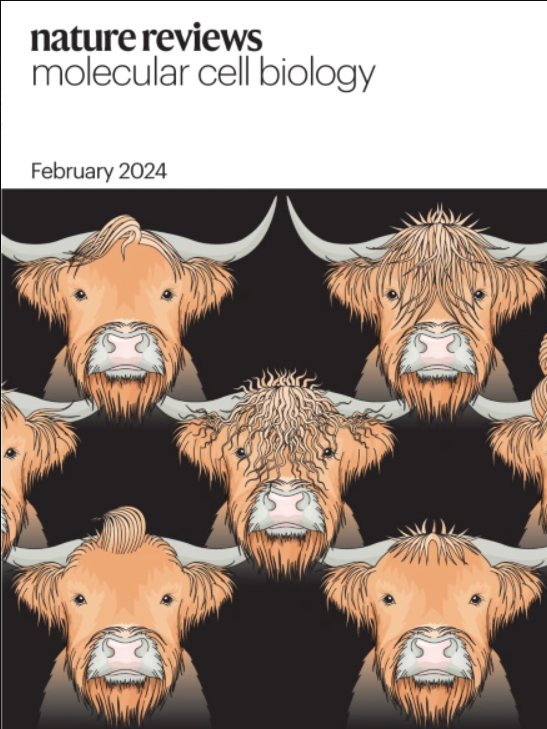DNA-repair-driven cell death compels us to rethink cancer therapies
IF 90.2
1区 生物学
Q1 CELL BIOLOGY
引用次数: 0
Abstract
Cancer cell death following genotoxic therapy is often attributed to excessive or unrepaired genome damage. However, emerging evidence suggests that the repair of DNA double-strand breaks, rather than the damage itself, frequently drives lethality. The repair pathway that is engaged shapes not only cell fate, but also its immunological consequences. Emerging evidence suggests that, following genotoxic therapy, it is the repair of DNA double-strand breaks, rather than the damage itself, that frequently drives cancer cell death.dna修复驱动的细胞死亡迫使我们重新思考癌症治疗方法
基因毒性治疗后的癌细胞死亡通常归因于过度或未修复的基因组损伤。然而,新出现的证据表明,DNA双链断裂的修复,而不是损伤本身,经常导致死亡。参与的修复途径不仅决定了细胞的命运,还决定了其免疫后果。新出现的证据表明,在基因毒性治疗之后,是DNA双链断裂的修复,而不是损伤本身,经常导致癌细胞死亡。
本文章由计算机程序翻译,如有差异,请以英文原文为准。
求助全文
约1分钟内获得全文
求助全文
来源期刊
CiteScore
173.60
自引率
0.50%
发文量
118
审稿时长
6-12 weeks
期刊介绍:
Nature Reviews Molecular Cell Biology is a prestigious journal that aims to be the primary source of reviews and commentaries for the scientific communities it serves. The journal strives to publish articles that are authoritative, accessible, and enriched with easily understandable figures, tables, and other display items. The goal is to provide an unparalleled service to authors, referees, and readers, and the journal works diligently to maximize the usefulness and impact of each article. Nature Reviews Molecular Cell Biology publishes a variety of article types, including Reviews, Perspectives, Comments, and Research Highlights, all of which are relevant to molecular and cell biologists. The journal's broad scope ensures that the articles it publishes reach the widest possible audience.

 求助内容:
求助内容: 应助结果提醒方式:
应助结果提醒方式:


